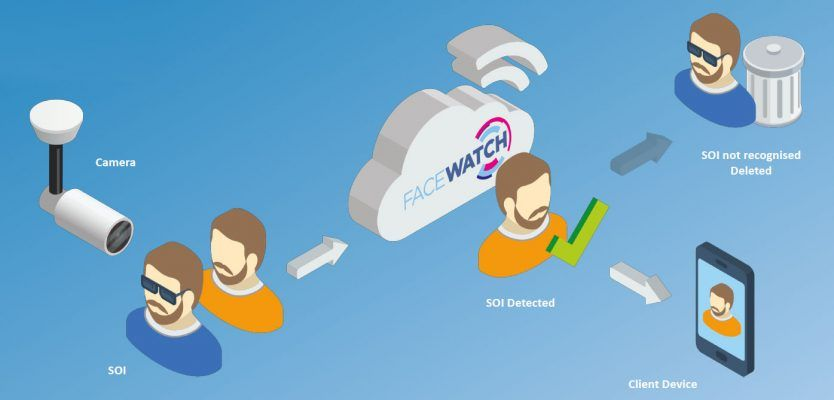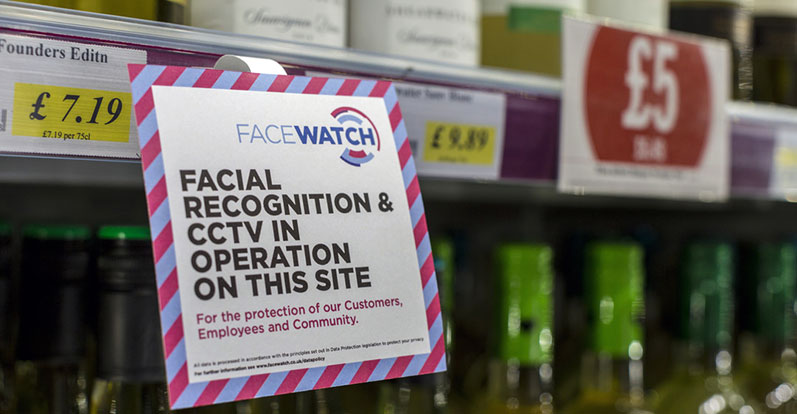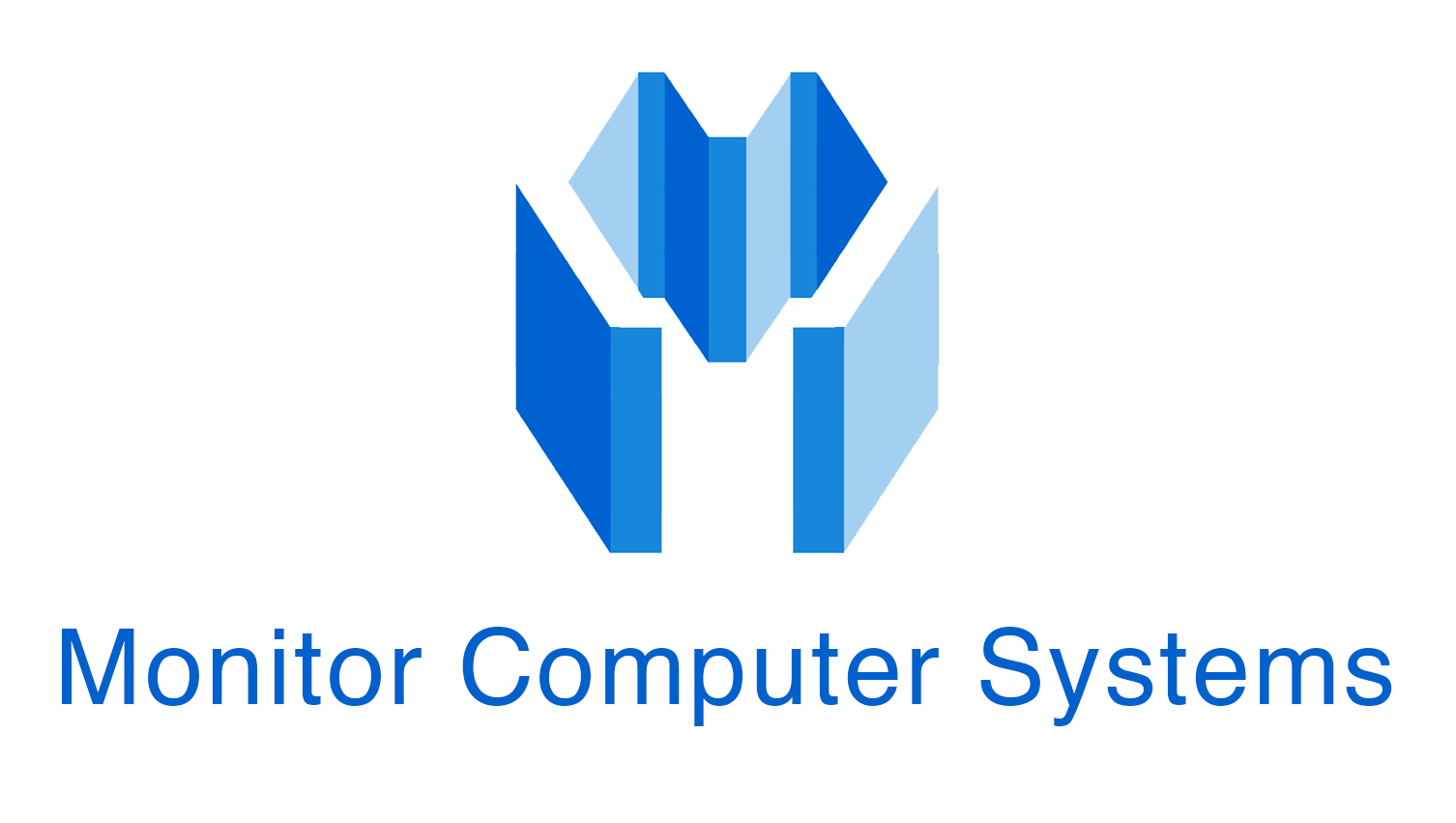Facewatch’s facial recognition security system, designed to reduce retail crime, shows how this developing technology can be acceptable and secure for the public whilst reducing incidents such as theft and unacceptable behaviour in the retail environment.
Technology is the key driver for human advancement and has always been somewhat troublesome as it generally creates rapid change. The word Luddite still reflects these issues which were first crystallised by workers in Nottinghamshire in 1811. It seems almost impossible to put the genie back in the tech bottle and the recent ruling to outlaw the use of facial recognition in San Francisco could easily send the technology underground especially since the airport and seaport in the city, run by central US Government, and not the city will continue to use recognition cameras linked to national watch lists.
In the case of bio-metrics and especially facial recognition security systems, we at Facewatch are the first to admit we have taken our time to introduce such a solution into our retail crime and access control products. However, our aim is to help society manage crime in a non-invasive way and our lessons with CCTV, guarding and the Police has led us to the conclusion that ignoring technology is not an option. Our facial recognition system was launched in 2018 and is currently undergoing trials and our focus is to help reduce the £700m lost by shoplifting which is 1.2% of turnover on the UK high street but also to reduce the 160,00 incidents of violence and abuse that occur*.
We believe that ultimately facial recognition can only be a positive way forward for the safety, and convenience of all and it must, like any technology, have rules and regulations to control its use and protect the public from those who may wish to use it to create harm or stir up concern where there is none. Regulation is key to the future of its use and we have ensured that our solution adheres to rules that we feel are acceptable and legal at every stage. It would not be commercially sensible for us to market a solution that would immediately be disallowed by new regulations. Our approach has been to follow GDPR and DPA guidance and take advice from a leading QC (Queens Counsel). We work on facts and a very deep understanding of technology and test ourselves constantly to ensure our solution in such a contentious environment is transparent and accountable.
The outcome of this work has created a unique solution where Facewatch is responsible for the data on behalf of our customers. We do not hold any images or biometric data on people who are not first identified as being subjects of interest (Those are people who have already been identified as being capable of a crime such as shoplifting, criminal damage, or physical abuse and there is supporting evidence such as CCTV images). This approach ensures that Facewatch is working closely and in partnership with its customers and the public. Management of individual watch-lists is fundamental to the success of the system and any person managing a watch-list is trained and encouraged to understand the significance of such control.

Facewatch – block diagram of system
The facial recognition security system works by using a standard digital camera linked to the Facewatch AFR software looking at a person’s face and turning it into algorithms. This algorithm is then matched against a database that contains the data streams of the legitimate subjects of interest held on the Facewatch secure servers and managed by trained operators. If the data does not match, then it is automatically and immediately deleted. Very importantly the face of a person who is not on the watch list is never stored. If there is a match, then an alert is sent to an operator who then physically re-checks the image and action can be taken. This all happens over a highly secure and encrypted network in seconds. At no point can the data be intercepted or copied.
Facewatch’s facial recognition security system complies to all GDPR and DPA rules as they stand today. If an unauthorised person was able to view the data, as there is no personal data stored of the general public, the information has no value. The system is also transparent in that anyone who thinks they may be held on the system as a subject of interest can have this verified quickly and at no cost by the Facewatch team.
The underlying facial technology algorithms are readily available from several businesses throughout the World and it in this area that so much comment has been made in the media regarding the effectiveness and the software’s ability to predict a facial match without error. In this regard, it is important to understand the approach taken by Facewatch. Facewatch has an agnostic approach to the underlying technology and our system can use any of the main algorithms available. This ensures that Facewatch will always be using the most appropriate and best solution available at the time. Currently, we use world-leading algorithms that have the highest overall quality of results. Algorithms are verified by the National Institute of Standards and Technology (NIST)**. This is a U.S Department of Commerce.
This agnostic approach is very much at the core of the Facewatch philosophy. Our mantra is to use the most appropriate and universally accepted technology to reduce crime and ensure a better environment for all. Facewatch is unique in the way it manages watch-lists and our online system that manages data without affecting the privacy of honest individuals is key to all our customers and should build confidence with any member of the public entering an area displaying the Facewatch logo. Facewatch is all about building trusted personal safety.
This unique solution effectively means that businesses in towns and cities across the UK can legitimately and safely offer their customers safer environments where those interested in criminal activity will be deterred. This will mean a more relaxed environment with the need for fewer physical anti-theft systems that subdue the retail experience. Also, when using the system in an access control mode the knowledge that people around them are all there for legitimate reasons will also improve the experience by reducing stress. This must be a force for good and, of course, the Facewatch deterrent effect is delivered unobtrusively.
Facewatch has created a facial recognition security system that enables a business to manage their own security and only need to involve the police if a criminal conviction is deemed necessary. We call this ‘self-help’ and all our trialist understand that this is the future as the resources available to and from the Police become more and more scarce. Of course, the Police continue to share and work with Facewatch when appropriate by providing images of subject of interest, but this is not essential for the effective use of the system as retailers working in groups are able to effectively build watch-list quickly and legitimately.
What is more, Facewatch is not intended to replace existing CCTV setups and systems, it compliments them and enables more efficient layout and usage of camera installations already in use and whilst CCTV records crime Facewatch is proven to prevent crime before it happens.
To summarise:
- Facewatch does not store un-matched images of the public
- The data is encrypted and managed by Facewatch at all time and not by individual businesses
- The data management is fully GDPR compliant
- Watch lists are appropriately shared by Facewatch in managed groups
- The system is transparent and may be checked by any individual to see if their biometric data is held
- All business users of Facewatch must display the fact Facewatch is in use in their premises or offices
- All businesses using the system must be registered with the ICO and comply to GDPR data management rules
Facewatch has also conducted a YouGov managed independent public poll to ask a number of key questions regarding facial recognition which I summarise below: (2,029 polled)
- 86.2% Agreed that Facial recognition technology can be used in everyday life to prevent and solve crime and should be used to support businesses and the police
- 76.4% agreed if facial recognition technology does not store my image unless I am a person of interest. I would be happy to have my face scanned by these cameras
- 92.5% agreed that local businesses and the police should be working together by sharing images to prevent and solve crime
- 66.5% were confident in the accuracy of facial recognition technology to identify the correct person of interest
- 72.6% agree they would feel more comfortable visiting venues that I know are protected by facial recognition systems
Recent testimonials from Facewatch trials
Luton Town FC
“We installed Facewatch in our Luton Town FC Store 5 months ago as a result of continued theft of high-value stock. Since the system went live our losses have reduced by 100%. This is an outstanding result and the savings made have enabled us to fund the entire installation and 3 years license fees. We will roll out Facewatch to our stadium shop in May 2019. I would highly recommend Facewatch to any retailer experiencing any type of theft or anti-social behaviour”.
Siobhan Kos-Hodge, Luton Town FC, Head of Retail
Wilks Budgens, Aylesbury
“Since installing Facewatch we have seen a reduction in losses of over 25%. Using Facewatch technology is a significant enhancement from the existing solution where we have to log on to the web to view images of Subjects of Interest and try to remember them all. The Facewatch team, especially George, has been great to work with and I would highly recommend their technology and the people that work at Facewatch too.”
Paul Wilks, Owner Budgens Aylesbury
*SOURCES: 2017 https://brc.org.uk/
** NIST
Nick Fisher, CEO, Facewatch Ltd










